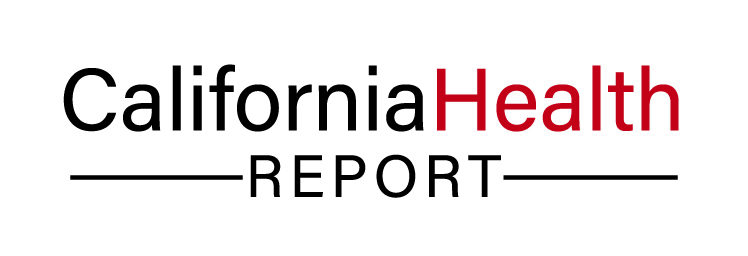
Low-income women over age 40 will soon be able to receive mammograms again through the state-run, Every Woman Counts (EWC) cancer detection program.
The EWC program provides low-income women with free mammograms and breast cancer diagnostics. Funded mainly by tobacco taxes that have been decreasing steadily as less people smoke, the program endured major cuts last January.
In an effort to conserve funds, Gov. Arnold Schwarzenegger raised the minimum age requirement to qualify for EWC services from 40 to 50 years old and froze all new enrollments to the program.
The Legislature allotted $20.1 million from the state’s general fund, in addition to the tobacco tax funding and federal funding the program already receives, so that EWC can reopen enrollment and restore services to women 40 to 49 years old.
By itself, the $41.6 million from tobacco taxes and federal funds that EWC will receive this year would have forced the program to keep Schwarzenegger’s cuts in place.
“It was unbelievable,” Barbra Clifford, a program manager for EWC, said of the additional funding allotted by the Legislature.
Al Lundeen, a spokesman for the Department of Public Health, said the department will provide breast cancer screening services in the fiscal year 2010-11 for more than 200,000 women.
However, the department will have to exercise more thorough fiscal accountability in the coming year.
Last year multiple audits of the EWC program found that CDPH could not track its expenditures accurately enough and was not reporting annually to the Legislature, as is required. Lundeen said the department is working to improve fiscal monitoring and will report to the Legislature this February.
The Legislature has also mandated that CDPH comply with the Legislative Analysts Office’s recommendation to reduce case management fees paid to doctors and clinics to track breast cancer patients. The state pays $50 per patient and has been paying the same amount whether a patient tested positive or negative for cancer. In the future the state will pay clinics only to track patients who test positive, saving $14 million a year.
But the program has not yet been able to re-open.
“The budget has passed, but the policy has not changed,” Clifford said.
Lundeen said the program cannot reopen until programming changes are worked into the data collection system used by providers and tested, a process that is currently underway.
“CDPH is moving to reopen the program as soon as possible, within the coming weeks” Lundeen said.





